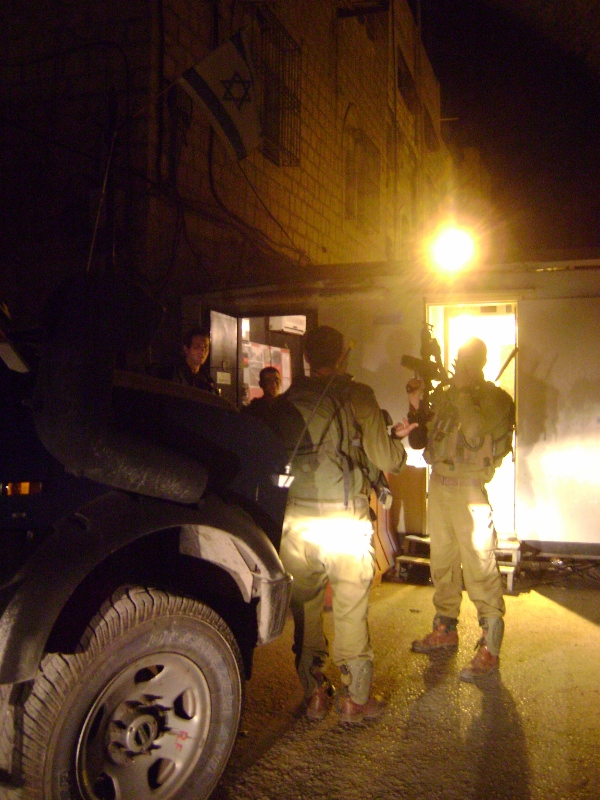Month: November 2011
-
Girl detained: Israeli military escalates pressure at Hebron checkpoints
by Emma Evertsson 13 November 2011 | International Solidarity Movement, West Bank On November 12 a young teenage girl was being detained at the main checkpoint in Hebron. When internationals were notified she had been detained for more than an hour without any obvious reason. The girl was on her way home with a friend…
-
Palestinian Freedom Riders to ride settler buses to Jerusalem
13 November 2011 | Freedom Riders Inspired by the Freedom Rides of the US Civil Rights Movement Palestinian activists will attempt to board segregated Israeli settler buses to occupied East Jerusalem Groups of Palestinian Freedom Riders will attempt to board segregated settler buses heading to Jerusalem through the occupied West Bank this Tuesday November 15,…
-
Proceedings in US national’s civil suit over West Bank injury to begin
13 November 2011 | Popular Struggle Coordination Committee UPDATE: The opening court date has been postponed from 17 November to 24 November 2011. Tristan Anderson, a US National, suffered a life-threatening injury after being shot in the head with a high velocity tear-gas projectile during an anti-Wall demonstration on March 13th, 2009. On 13 March 2009, Israeli Border Police officers shot US activist from California, Tristan Anderson, in the head with a high velocity tear-gas projectile during a demonstration in the West Bank Village of Ni’ilin. He was shot…


